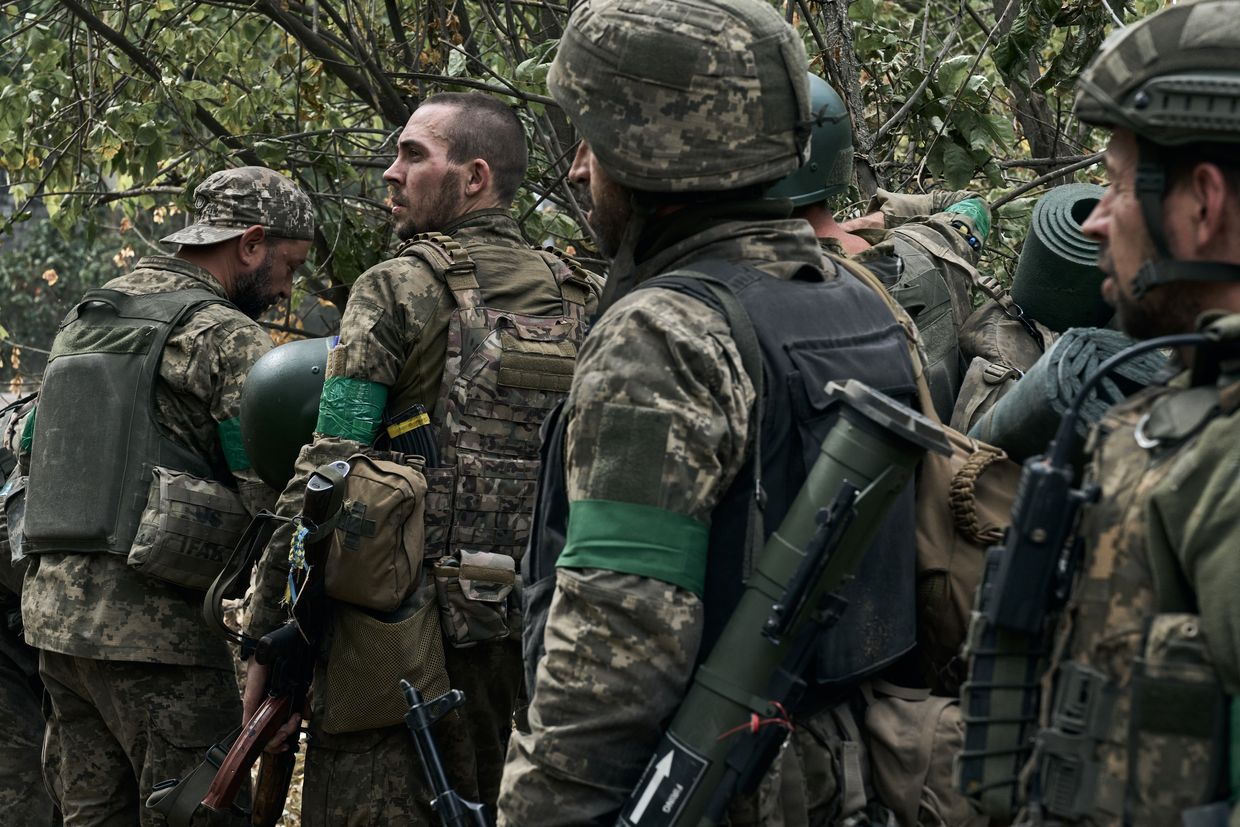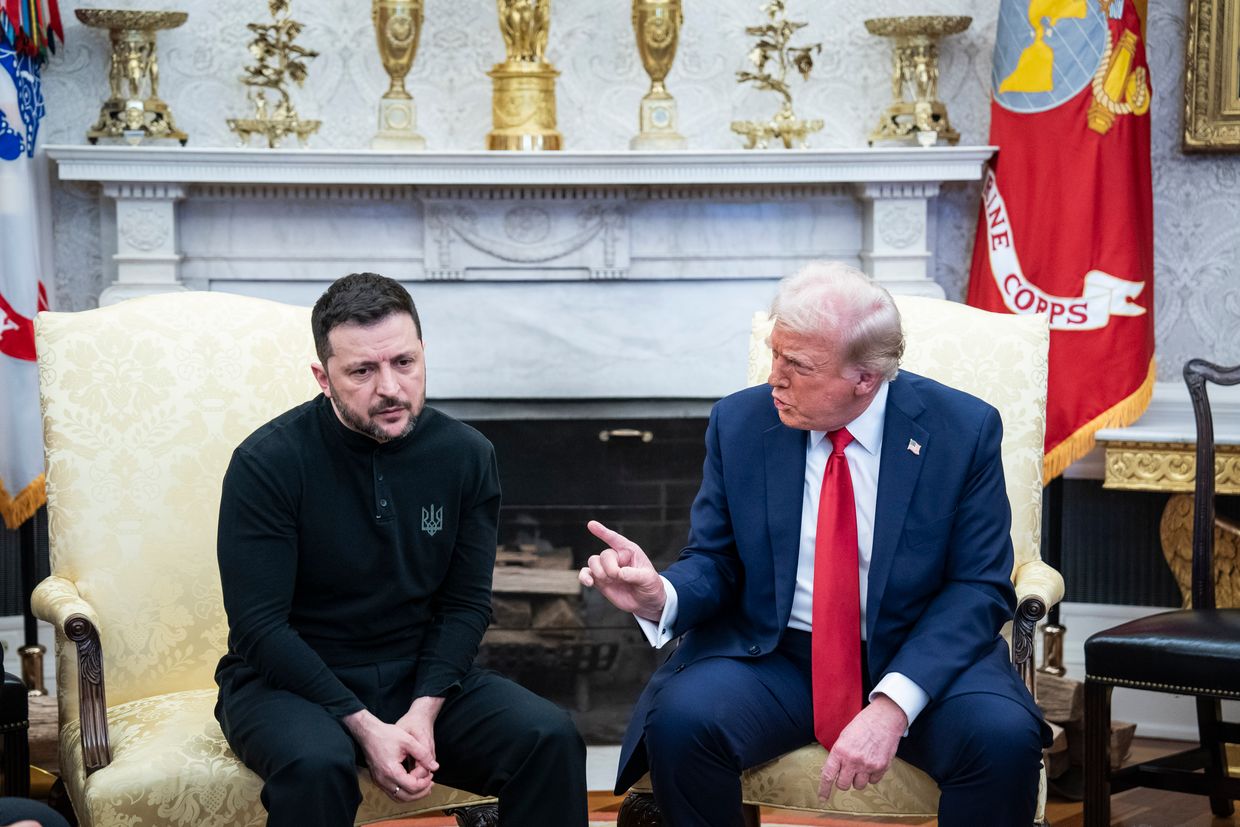Shoigu threatens Europe with nuclear weapons if Russia is faced with 'unfriendly actions'

Russia reserves the right to use nuclear weapons if faced with 'unfriendly actions,' Russian Security Council Secretary Sergei Shoigu claimed in an interview with TASS state news agency on April 24.
Shoigu said Moscow was "closely monitoring" the "military preparations" of European countries, as they seek to ramp up defense spending and production in the face of the U.S. reducing its military presence on the continent.
"In case foreign states commit unfriendly actions that threaten the sovereignty and territorial integrity of the Russian Federation, our country considers it legitimate to take symmetrical and asymmetrical measures necessary to suppress such actions and prevent their recurrence," he said.
"Nuclear deterrence is carried out against states and military coalitions that regard Russia as a potential adversary, possess weapons of mass destruction, or have significant combat capabilities of general-purpose forces," he added.
Shoigu also said that any European future peacekeeping forces deployed to Ukraine to monitor a ceasefire would also be seen by the Kremlin as a provocation.
"Sensible politicians in Europe understand that the implementation of such a scenario could lead to a direct clash between NATO and Russia and subsequently to World War III," he said.
In November 2024, Russia updated its official nuclear deterrence policy. According to the changes, the Kremlin reserves the right to use nuclear weapons in response to aggression against itself or its closest ally, Belarus, even if the attack involves non-nuclear weapons.
Russia has repeatedly made nuclear threats against Ukraine and the West since the beginning of the full-scale invasion in February 2022. The threats have failed to materialize, and Russia continues to wage its all-out war without using its nuclear arsenal.
The statement came as U.S. Vice President JD Vance repeated warnings that the U.S. might drop its peace efforts if both sides refuse to accept a "very explicit proposal," which includes recognizing temporarily occupied territories as Russian.
Ukraine agreed to relinquish its nuclear arms after signing the 1994 Budapest Memorandum, which also saw the country join the Treaty on the Non-Proliferation of Nuclear Weapons.
In exchange, Kyiv received security assurances from major powers, including the U.S., the U.K., and Russia. These guarantees failed to prevent Moscow's aggression in 2014 in Crimea and Donbas and the full-scale invasion of Ukraine in 2022.
The Budapest Memorandum has been sharply criticized by today's Ukrainian leadership over its lack of strong security guarantees.













